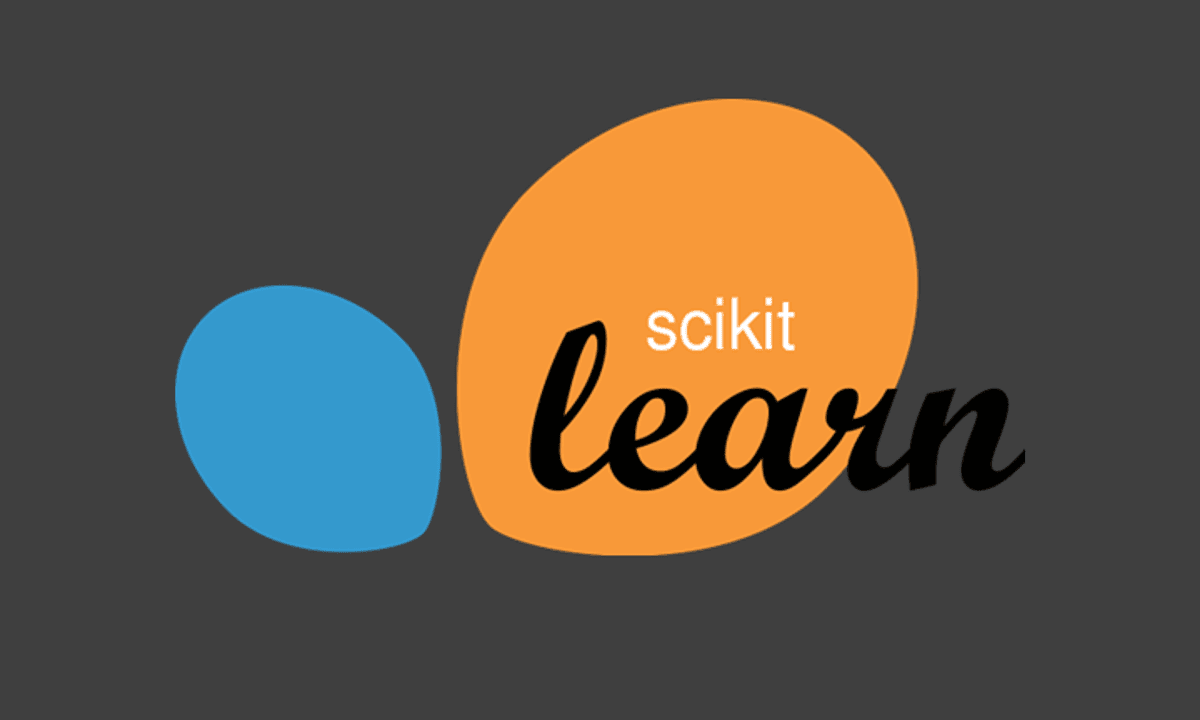Operationalizing a Machine Learning Microservice with Kubernetes
Project details
Description
Problem Statement
Solution
-
Code Testing and Linting:
I thoroughly tested the project code using hadolint linting tool using a makefile to identify and rectify any errors or inconsistencies. -
Docker Containerization:
I completed the Dockerfile to containerize the machine learning application, allowing it to be deployed and run consistently across different environments. -
Docker Deployment and Prediction:
I deployed the containerized application using Docker, enabling it to serve predictions through API calls. -
Log Improvement:
I enhanced the log statements in the source code, improving visibility into application behavior and performance. -
Kubernetes Configuration:
I configured Kubernetes and created a Kubernetes cluster to orchestrate the deployment, scaling, and management of the containerized application. -
Kubernetes Deployment and Prediction:
I deployed the container using Kubernetes, ensuring that the application was efficiently managed within a containerized environment. -
CircleCI Integration:
I integrated CircleCI for continuous integration, setting up a pipeline that indicated whether the code passed tests and met defined quality standards.
Outcome
-
Scalable and Automated Deployment:
Kubernetes facilitated the automatic deployment, scaling, and management of the containerized machine learning application. -
Consistent Application Execution:
Docker containerization ensured consistent behavior of the application across various environments. -
Enhanced Visibility:
Improved log statements provided better insights into application behavior, simplifying troubleshooting and debugging. -
Seamless Continuous Integration:
CircleCI integration indicated the quality of code and whether it met defined standards, enabling faster feedback loops and code improvement. -
Practical Kubernetes Experience:
The project showcased practical expertise in configuring and deploying applications using Kubernetes.
Conclusion
Summary
This project operationalized a pre-trained machine learning model that predicts housing prices in Boston using Kubernetes, an open-source container orchestration platform. The project involved testing, containerization, Docker deployment, log improvement, Kubernetes configuration, and integrating CircleCI for continuous integration. The project yielded significant outcomes, such as scalable and automated deployment, consistent application execution, enhanced visibility, seamless continuous integration, and practical Kubernetes experience.








